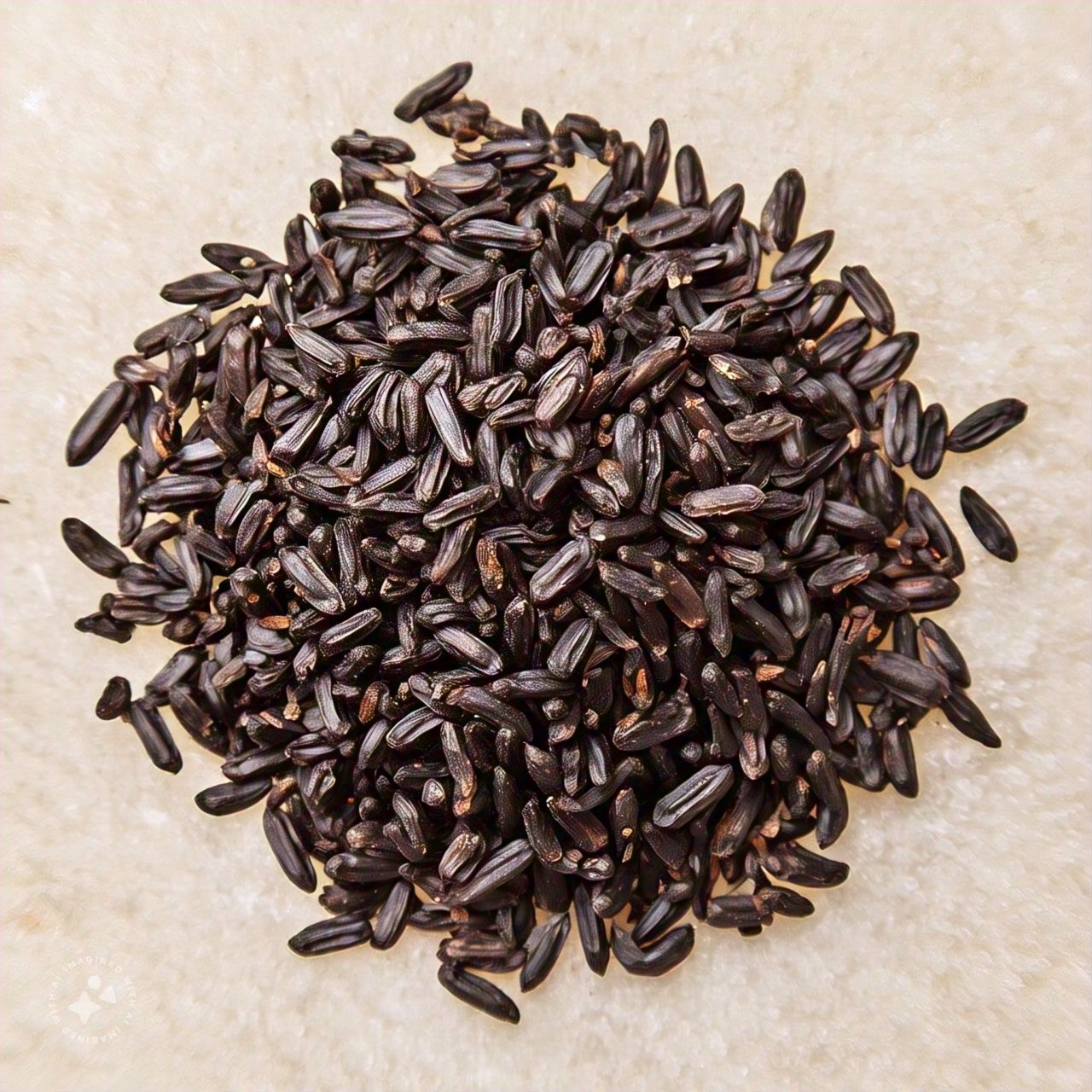Black cumin, scientifically known as Nigella sativa, is a small black seed with a powerful flavor and remarkable health benefits. Often referred to as "the seed of blessing," black cumin has been used in traditional medicine and culinary practices for centuries.
Nutritional Value and Health Benefits
Why Black Cumin Is a Superfood
Black cumin seeds are packed with:
-
Thymoquinone (TQ): Known for its antioxidant and anti-inflammatory properties.
-
Essential Fatty Acids: Promote heart and brain health.
-
Vitamins and Minerals: High in iron, zinc, and vitamin B6.
-
Phytochemicals: Support overall immunity and cellular health.
Key Health Benefits
-
Boosts Immunity: Enhances the body’s defense mechanisms against infections.
-
Supports Respiratory Health: Alleviates symptoms of asthma and bronchitis.
-
Improves Digestion: Relieves bloating and promotes gut health.
-
Aids in Weight Management: Helps regulate metabolism and reduce fat accumulation.
-
Balances Blood Sugar: Assists in managing diabetes and reducing insulin resistance.
Culinary Uses of Black Cumin
How to Use Black Cumin in Cooking
-
Seasoning: Sprinkle on breads, pastries, and salads for a nutty, peppery flavor.
-
Spice Blends: Use in garam masala or curry powders for added depth.
-
Infused Oils: Create aromatic oils for cooking and dressings.
-
Soups and Stews: Add to broths for a subtle yet robust flavor.
Cooking Tips
-
Toast the seeds lightly to enhance their aroma and flavor.
-
Combine with spices like coriander and fennel for balanced seasoning.
-
Use sparingly as the seeds have a strong, distinct taste.
Sustainability and Food Waste Impact
The Role of Black Cumin in Sustainable Practices
-
Low Environmental Impact: Requires minimal water and resources to grow.
-
Long Shelf Life: Properly stored seeds last for years, reducing waste.
-
Versatile Uses: Every part of the plant can be utilized, ensuring zero waste.
Tips to Minimize Food Waste
-
Store black cumin in an airtight container to preserve freshness.
-
Use leftovers from spice blends in soups or marinades.
-
Compost unused seeds to enrich soil fertility.
Seasonal Favorites and Holiday Recipes
Cooking With Black Cumin During Holidays
-
Winter Warmers: Use in hearty soups and roasted vegetables.
-
Festive Dishes: Enhance traditional holiday curries and rice dishes.
-
Summer Drinks: Add a pinch to lemonade or infused water for a refreshing twist.
Comparisons: Black Cumin vs. Regular Cumin
| Feature | Black Cumin | Regular Cumin |
|---|---|---|
| Flavor Profile | Peppery, slightly bitter | Earthy, warm, and nutty |
| Nutritional Content | High in antioxidants | Moderate nutrient levels |
| Culinary Use | Breads, salads, and beverages | Curries, stews, and soups |
| Shelf Life | Longer due to robust nature | Shorter without proper storage |
Frequently Asked Questions
What Does Black Cumin Taste Like?
Black cumin has a distinct peppery and slightly bitter taste, making it a flavorful addition to both sweet and savory dishes.
How Do I Store Black Cumin?
Store in an airtight container in a cool, dry place to retain its aroma and potency for up to 2 years.
Can Black Cumin Help With Skin Health?
Yes, its antioxidants and anti-inflammatory properties can help reduce acne and promote glowing skin when consumed or used in oil form.
Call to Action: Unlock the Power of Black Cumin Today!
Enhance your health and cooking with the unique benefits of black cumin. Purchase high-quality seeds from trusted suppliers and experience their incredible versatility.





Share:
The Ultimate Guide to Kashmiri Garlic: Benefits, Uses, and Sustainability
The Complete Guide to Dill Seeds: Benefits, Uses, and Sustainability